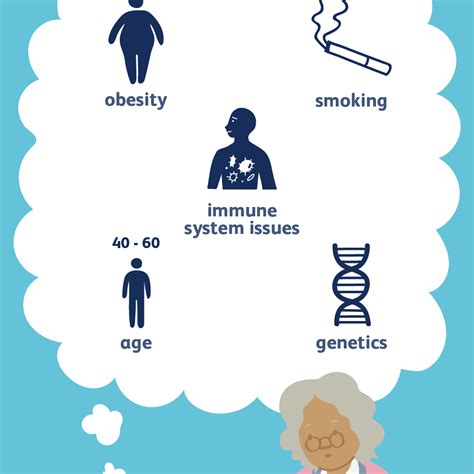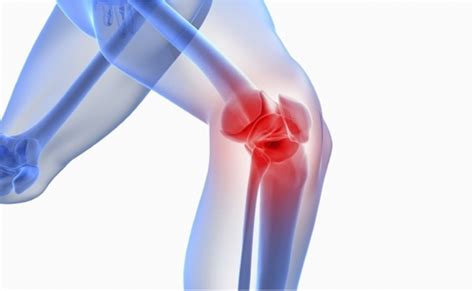Cervical spondylosis is a common condition, especially in older adults, characterized by degeneration of the spine’s vertebrae and disks. This degeneration is often referred to as degenerative disk disease and osteoarthritis. Key symptoms of cervical spondylosis include neck pain and stiffness, which may worsen over time. In some cases, the spondylotic changes can exert pressure on adjacent nerves, leading to pain, numbness, or tingling extending down the arm, sometimes without neck symptoms.
Lumbar spondylosis, on the other hand, involves age-related degeneration of the vertebrae and disks in the lower back. This condition can affect different parts of the spine, including the cervical (neck), thoracic (upper and middle back), and lumbar (lower back) regions. Spondylosis can lead to spinal stenosis, a narrowing of the spinal canal that may compress the spinal cord or nerve roots. For instance, cervical spondylotic myelopathy, a condition caused by compression from spondylosis, can affect the cervical spinal cord.
Symptoms of cervical spondylosis range from neck pain that may spread to the shoulder or down the arm, to neck stiffness, loss of sensation or abnormal sensations in the shoulders and arms, weakness in the arms, and headaches, particularly in the back of the head. Cervical spondylotic myelopathy, the most common spinal disorder in Americans over 55 years, includes degenerative changes like bone spurs, disc bulges, and thickened ligaments.
Both cervical and lumbar stenosis are prevalent forms of spinal stenosis, with lumbar spinal stenosis affecting over 200,000 adults in the United States. Cervical spondylosis, a type of degenerative disease of the neck, typically involves the compression of the soft disks between the spine’s bones. Although this condition is more common with age, many people do not experience symptoms. Those who do may suffer from neck pain, a stiff neck, arm and shoulder pain, or incontinence.
Learn more about these conditions at HSS, UTH Neurosciences, Utah Healthcare, Columbia Neurosurgery, OHSU Spine Center, Columbia Neurosurgery, HSS Spinal Stenosis, and URMC Encyclopedia.



